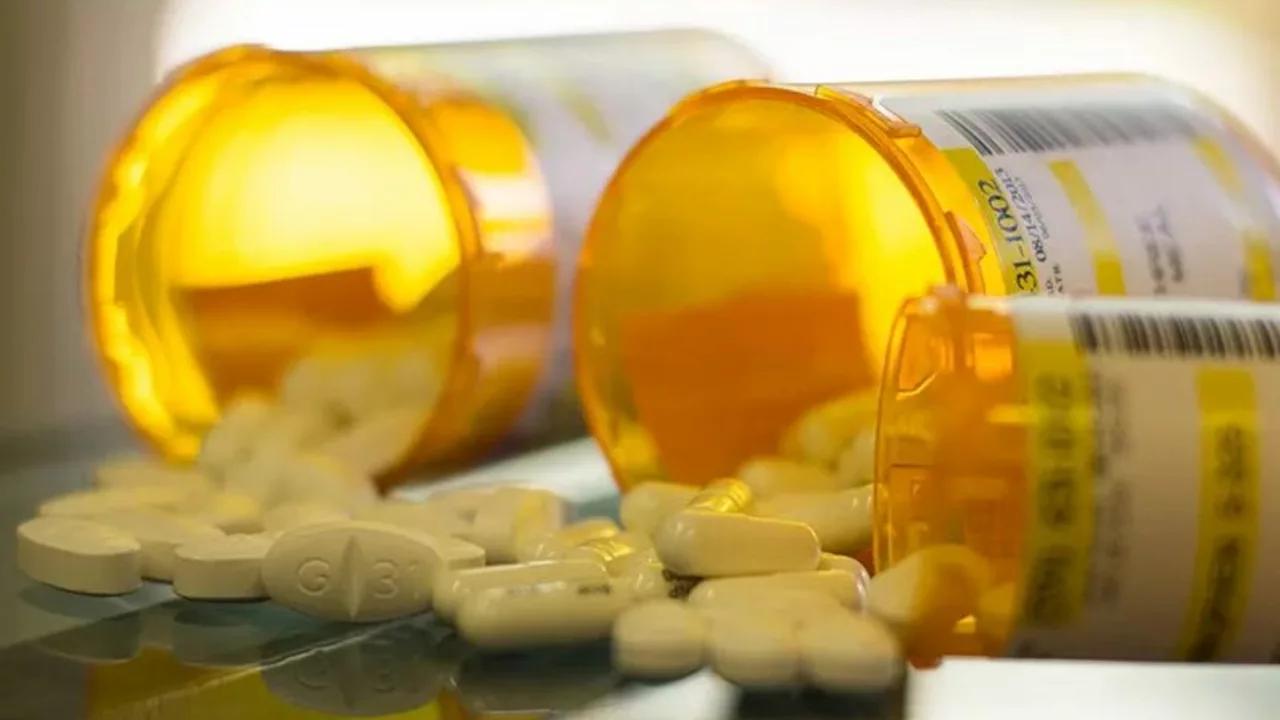Welcome to the medications tag—your shortcut to clear, usable info about drugs, side effects, and buying medicine online. If you want plain answers about what a drug does, how fast it works, or how to find a safe online pharmacy, this page pulls together our best articles so you don’t waste time on confusing search results.
We cover common needs: quick relief (for example, "How Fast Does Imitrex Work?"), long-term prescriptions (like Toprol XL or Plavix), and how to buy specific meds safely online (Levlen, Duphaston, Leuprolide). You’ll also find practical help with side effects (clozapine, clotrimazole), allergy-friendly options (Tirosint, NP Thyroid), and smart ways to lower costs for families in 2025.
Check the active ingredient, not just the brand name. Look for clear dosing info and an expiration date. Never mix a new drug with nitrates or alcohol without checking—the interaction risk can be real. If an online seller asks you to skip a prescription, pause and verify. Legit pharmacies usually require a prescription and list a real phone number, address, and licensed pharmacist contact.
When reading our reviews, watch for articles that explain verification steps. For example, our pharmacy reviews point out red flags like no contact details, no prescription policy, or wildly low prices with limited shipping info. Those are common signs of risky sellers.
Want to cut costs? Start with generics—same active drug, lower price. Use manufacturer coupons or discount cards at the pharmacy counter. Check patient assistance programs if you’re on multiple meds. Price-compare sites and local pharmacy discount memberships often help, but always pair low price with proof the pharmacy is legitimate. Our piece on cutting prescription costs gives straightforward steps families used successfully in 2025.
For specific concerns, scan the linked articles: alternatives to antibiotics like Amoxil, antidepressant switches, or practical guides for tapering PPIs like Nexium. We also cover supplements people ask about often—Traveler’s Joy, Cascara, Hollyhock—and explain when a supplement might help and when it’s just extra cost.
Use this tag as a toolbox. Read the safety checklist, pick a relevant article, and follow the clear steps in each post. If you need a quick read, pick the short guides on side effects or on how fast a drug starts working. If you’re comparing pharmacies, read our in-depth reviews first. Have a question about a specific medication? Search the site or leave a comment on the article—most posts include sources and practical next steps you can use right away.
